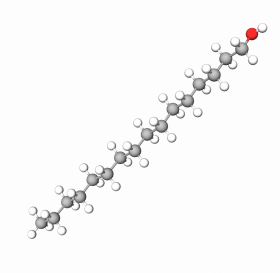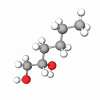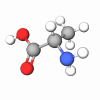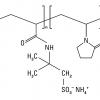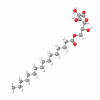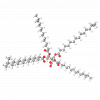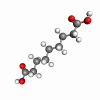Cetyl alcohol (also known as 1-Hexadecanol) is 16 carbons in length fatty alcohol produced from palm oil. It is a white solid in the form of flakes, odorless or with a faint odor. Cetyl alcohol is used as an emollient, emulsifier, thickener, and carrying agent. It is not drying alcohol, soluble in water and alcohol, and is structurally very close to Stearyl alcohol.
Cetyl alcohol is the most commonly used fatty alcohol in the group and is used in various skincare and pharmaceutical applications. It emulsifies water-in-oil ointments and improves the water-retaining power of absorption bases. Cetyl alcohol is a non-gelling thickener, co-emulsifier if concentration ~5 %, viscosity and consistency enhancer (also in waterless products like lipsticks), emollient, moisturizer (attracts moisture), and foam booster.
In creams or emulsion bases, which are oil-in-water emulsions, 1-Hexadecanol acts to stabilize and increase the viscosity of the emulsion. As a result, creams with Cetyl alcohol tend to be soft and translucent. The thickness of the formula can be adjusted to suit the route of administration by adjusting the water, this fatty alcohol, and surfactant concentrations.
In simple emulsions, Cetyl alcohol results in significantly lower viscosity. This is likely due to its different crystalline character and slightly less polar nature. Therefore, it is most frequently used in anhydrous systems and water in oil emulsions, where it improves the water-absorbing capacity of the formulation. 1-Hexadecanol is also employed in anhydrous sticks to modify texture or impart structure.